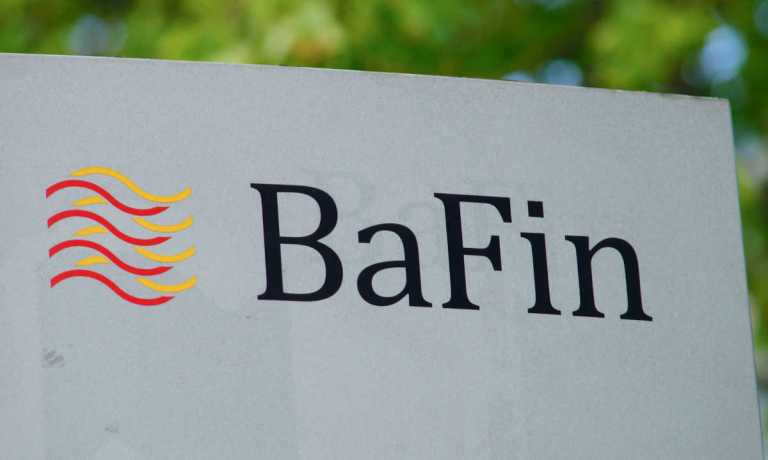BaFin President: Banks’ Interest in Crypto Is ‘Limited’

In an interview published on the European Central Bank website, Mark Branson, member of the supervisory board of the ECB and president of the German Federal Financial Supervisory Authority (BaFin), warned that effective regulation is needed to prevent crypto market volatility from spilling over into the financial sector.
“Not all crypto business models are serious,” he said, adding that “waves of innovation, as we know, also bring with them freeloaders and crooks.”
With Germany being one of the first countries to impose licensing requirements on banks that want to deal in crypto assets, Branson said that so far BaFin has issued four licenses for crypto custody, while 14 institutions have been granted a provisional permit.
However, he noted that banks’ interest in offering crypto-asset trading to their customers is “limited,” and at present does not pose a threat to financial stability.
Nonetheless, he said that “developments could move that way, should momentum return to market growth and interconnections with the traditional financial system intensify even further.”
As the Bank for International Settlements’ (BIS) Basel Committee on Banking Supervision has previously reported, the world’s largest banks are exposed to about $9 billion of crypto assets, or 0.14% of the total risk from the 19 banks that reported this.
Voicing the general position of the ECB, Branson is not necessarily a crypto naysayer. Rather, he approaches the technology with a measured skepticism. He accepted that excessive regulation slows down innovation but insisted that protecting the financial system from the current volatility of the crypto market needs to be a priority.
As PYMNTS has reported, the EU’s most comprehensive attempt to regulate the space to date, the Markets in Crypto Assets (MiCA) regulation, has recently been delayed as lawmakers struggle with the complexity of the document.
In a broad-ranging interview, Branson also discussed cybersecurity, lessons from Europe’s sovereign debt crisis, the resilience of Germany’s banking sector and transparency in sustainable finance.
For all PYMNTS Cryptocurrency and EMEA coverage, subscribe to the daily Cryptocurrency and EMEA Newsletters.